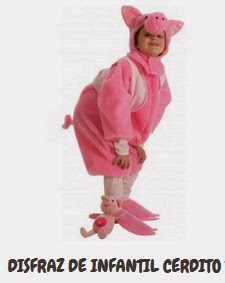Terrific video (link below) on opposing bullying as it starts.
If you like the blog, why not read the eBooks? Zen Kyu Maestro: An English Teacher's Spanish Adventure, (Monday Books) available from Amazon.
And the sequel: Cucuruchos or Cucurachas? An English Teacher's Spanish Dilemma, eBook or paperback from Amazon.
Two years in the life of an English teacher, teaching a class of lively Spanish seven-year-olds, in English, in Spain.
What could possibly go wrong?
“The detailed way Dean has described the atmosphere of this little city in Spain is magnificent.” Salford University, The Salfordian.
Click below for free sample chapters:
Zen Kyu Maestro Cucarachas eBook paperback












































 E
E

